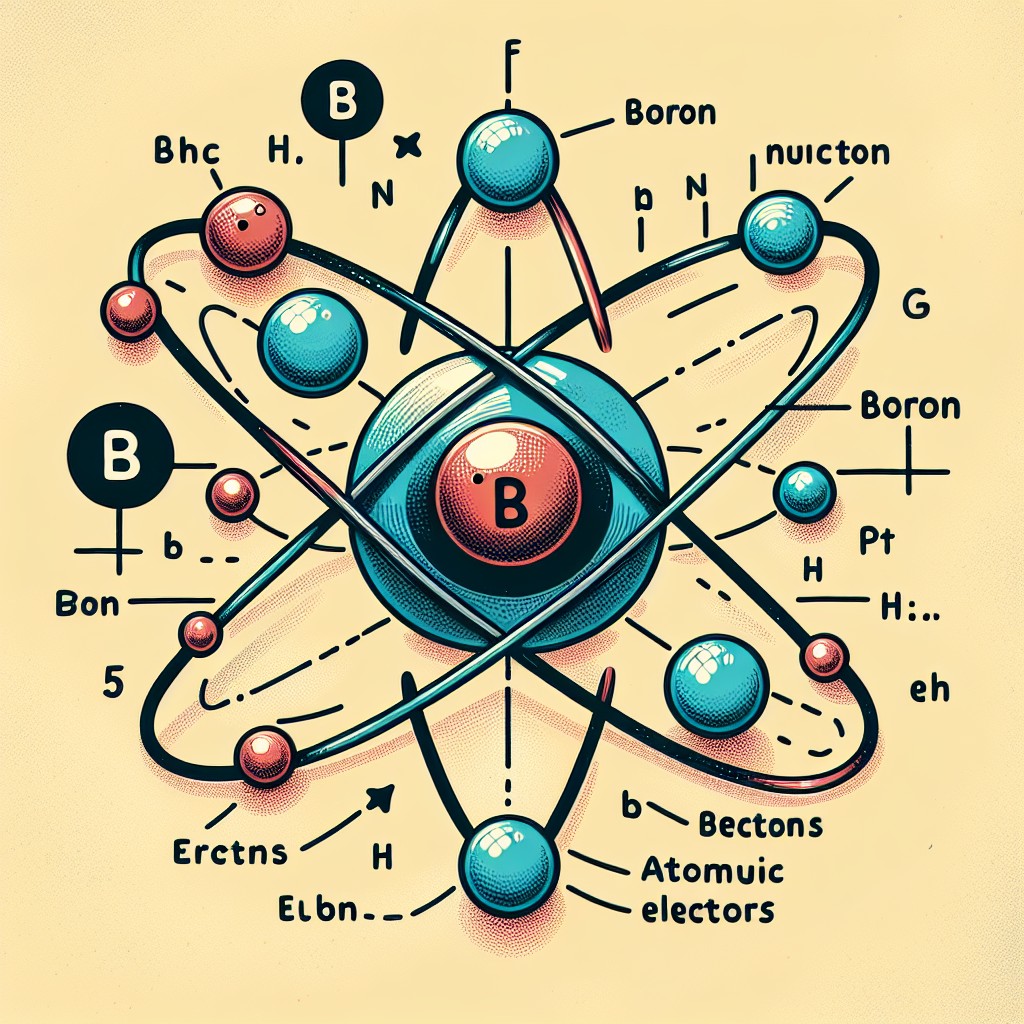Major Events of 1984: A Year of Innovation, Tension, and Cultural Transformation
Introduction
The year 1984 was marked by major global shifts, technological breakthroughs, and cultural milestones that continue to influence the modern world. From Cold War escalations to advancements in personal technology and unforgettable pop-culture moments, 1984 remains one of the most iconic years of the 20th century. This article explores the most significant events of 1984, offering an optimized overview ideal for readers researching historical timelines, 1980s culture, and world events.
1. Political Milestones of 1984
Tensions and Turning Points in the Cold War
While the Cold War dominated global politics, 1984 saw key developments that shaped international relations:
-
Soviet Boycott of the Los Angeles Olympics: In retaliation for the 1980 U.S. Olympic boycott, the USSR and several Eastern Bloc countries refused to participate in the 1984 Los Angeles Summer Olympics, intensifying East–West divisions.
-
Reagan’s Landslide Re-Election: U.S. President Ronald Reagan won a historic victory against Walter Mondale, reaffirming American conservative politics and strengthening the “Reaganomics” agenda.
Major Global Political Events
-
Indira Gandhi Assassination: On October 31st, Indian Prime Minister Indira Gandhi was assassinated by her Sikh bodyguards, triggering widespread riots and a pivotal shift in Indian politics.
-
Sino-British Joint Declaration Signed: China and the United Kingdom formally agreed on the future of Hong Kong, setting the path for its 1997 handover.
-
UK Miners’ Strike: One of the most defining labour disputes in British history, the 1984–85 miners’ strike, began as communities clashed over industrial closures and government policy.
2. Technological Advancements That Defined 1984
The Birth of the Modern Apple Era
One of the most famous technological moments of 1984 was the launch of the Apple Macintosh. Introduced with its iconic Super Bowl commercial directed by Ridley Scott, the Macintosh revolutionised personal computing with its graphical interface and mouse-based navigation.
Other Key Tech Events in 1984
-
CD-ROM Technology Introduced: Compact Disc Read-Only Memory began to enter mainstream computing, opening new possibilities for digital storage.
-
DNA Fingerprinting Invented: British geneticist Alec Jeffreys developed DNA profiling, a breakthrough that transformed criminology and forensic science.
-
First Mobile Phone Sold in the UK: The arrival of commercial cell phones marked a turning point in global communication.
3. Cultural Highlights and Entertainment in 1984
Music, Film, and Global Pop Culture
1984 delivered some of the most iconic works in music and film history:
-
Prince Releases “Purple Rain”: Both the film and soundtrack dominated global charts and cemented Prince as a musical legend.
-
Ghostbusters Hits Cinemas: The supernatural comedy became a cultural phenomenon and one of the year’s biggest box office successes.
-
The Rise of MTV: Music television helped shape the careers of Madonna, Michael Jackson, and many other stars through music video culture.
Literature and Society
-
“1984” Novel Resurgence: George Orwell’s dystopian novel saw renewed interest due to its titular year, sparking public discussions about surveillance and government control.
-
Band Aid Formed: The Ethiopian famine inspired Bob Geldof and Midge Ure to create “Do They Know It’s Christmas?”, raising millions for humanitarian relief and paving the way for Live Aid the following year.
4. Major Global Disasters and Social Events of 1984
Bhopal Disaster
On December 2–3, the Bhopal gas tragedy in India became one of the world’s worst industrial disasters. A toxic gas leak from a pesticide plant killed thousands and raised global awareness about environmental safety and corporate responsibility.
The Ethiopia Famine
The 1984–85 Ethiopian famine captured worldwide attention, prompting massive humanitarian efforts and the creation of Band Aid.
Other Major Events
-
Brighton Hotel Bombing: The IRA targeted the UK government during the Conservative Party Conference, injuring dozens and intensifying national security concerns.
-
Space Shuttle Discovery Report: NASA’s shuttle program continued with successful missions, including satellite deployments and scientific experiments.
Conclusion
The events of 1984 left a lasting imprint on global politics, technology, culture, and society. From the groundbreaking launch of the Apple Macintosh to powerful political events such as the assassination of Indira Gandhi and the miners’ strike in the UK, 1984 was a year of dramatic change and innovation. Its cultural legacy—powered by films like Ghostbusters, music like Purple Rain, and humanitarian efforts like Band Aid—continues to resonate today.
What stands out to you most about 1984?
Share your memories or thoughts in the comments!
| Date | Type | Event |
|---|---|---|
| 1984-02-01 | In 1984 the half penny is no longer legal tender in the United Kingdom. | |
| 1984-02-07 | In 1984 Captain Bruce McCandless became the first human to experience free flight in space. The astronaut left the United States ‘Challenger shuttle and floated into space without a safety line. He then ignited his rocket backpack, which he had designed and flew approximately 320 ft from the shuttle. While in orbit at a height of 170 miles above the Earth, Captain McCandless was travelling at 175,000mph, as was the Challenger. Using his backpack he navigated his way back to the safety of the shuttle. | |
| 1984-04-23 |
On this day in 1984 The Virus which causes the deadly ‘Acquired Immunodeficiency Syndrome” or Aids was first discovered. Since the discovery of Aids in the United Sates 1981 it had been identified all over the world but the cause of the syndrome had not yet been identified. The identification of the virus meant that the production of blood test could be initiated which would help reduce the spread of the Aids. It was initially known as the HTLV-3 virus but in 1987 it became known as the Human Immunodeficiency Virus or HIV. The virus was known to have been spread through the transfer of human bodily fluids and was initially found in homosexual men and drug users that shared needles but it soon spread to many other demographics. Until the possibility of blood test people were able to get the virus from infected blood during transfusions and this discovery saved millions form a possible pandemic.
| |
| 1984-06-20 | In 1984 Education Secretary Sir Keith Joseph announced that O-Levels and CSE’s will be replaced with GCSE’s. In 1947 the school leaving age in England, Wales and Northern Ireland increased from 14 to 15 years and with this, there was also an increase in subjects studied. In 1951 a new academic qualification was established named the General Certificate of Education or GCE which replaced the School Certificate or SC and the Higher School Certificate or HSC. Initially, the CSE consisted of the O-Level or Ordinary Level qualification with the option to continue with education for a further 2 years and pass another exam to earn an A-Level or Advanced Level qualification. In 1965 the O-Level exam was given to the top 25% of the students with the new CSE available for the less advanced students. In addition to these qualifications, there were further options such as the Advanced Ordinary Level or A-O Level, or the S-Level or Scholarship Level qualification for exceptional A-Level students. On the 20th of June 1984, the Education Secretary Sir Keith Joseph announced that O-Levels and CSEs would be replaced with a new qualification known as GCSEs or General Certificates of Secondary Education. The first students began studying for the new type of Exam in the Autumn of 1986 in preparation for the exams in 1988. Sir Keith explained that the new exams will be marked based on an absolute standard of Knowledge throughout the country as opposed to the old system that graded students on their knowledge compared to other students taking the exam. The GCSE exam results will be marked from A* - G with anything below an E considered a failing grade. Sir Keith stated that the exams would be tougher but clearer and fairer and instead of the 29 governing bodies that existed there would be only 5 throughout Britain. The exam change was a success and was popular with many teachers, but many people, particularly those who studied under the old system, claimed that the new exams were easier, especially with the general increase in higher grades over the years. |


